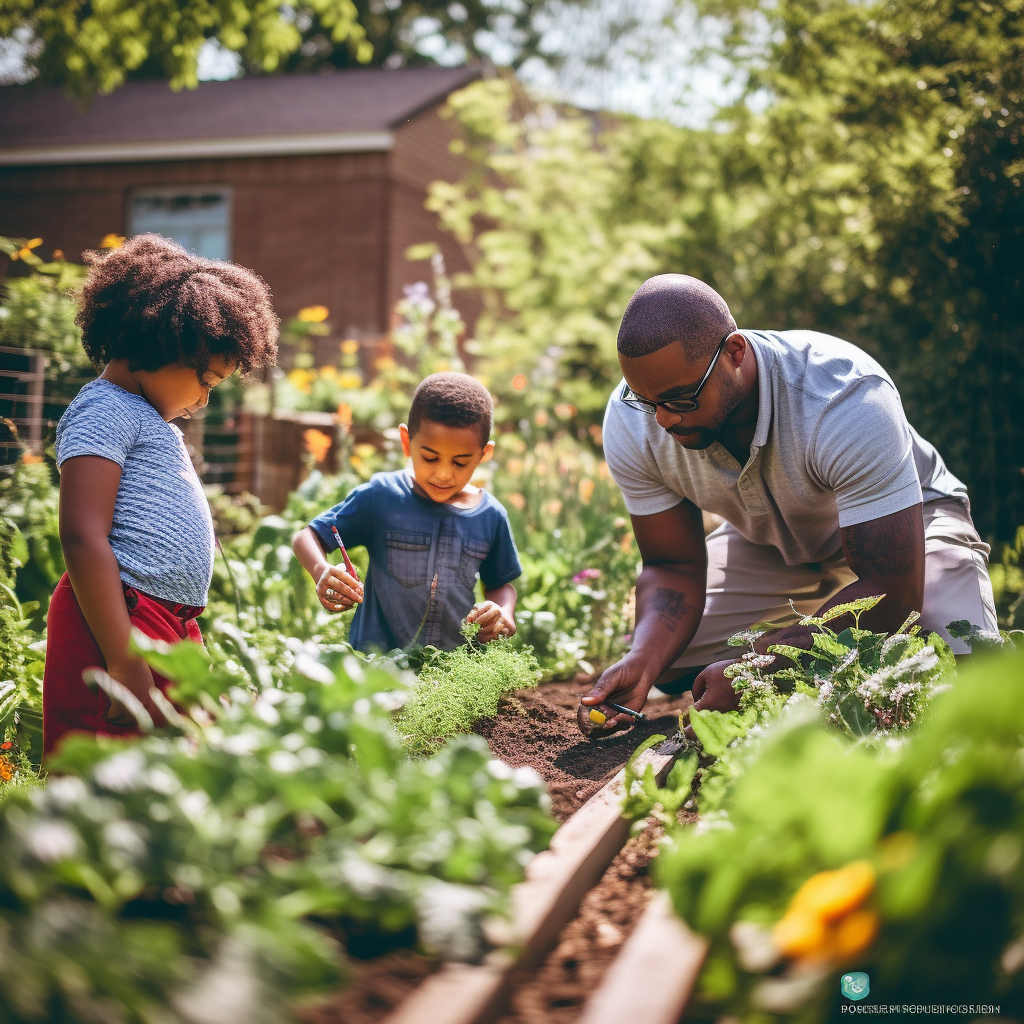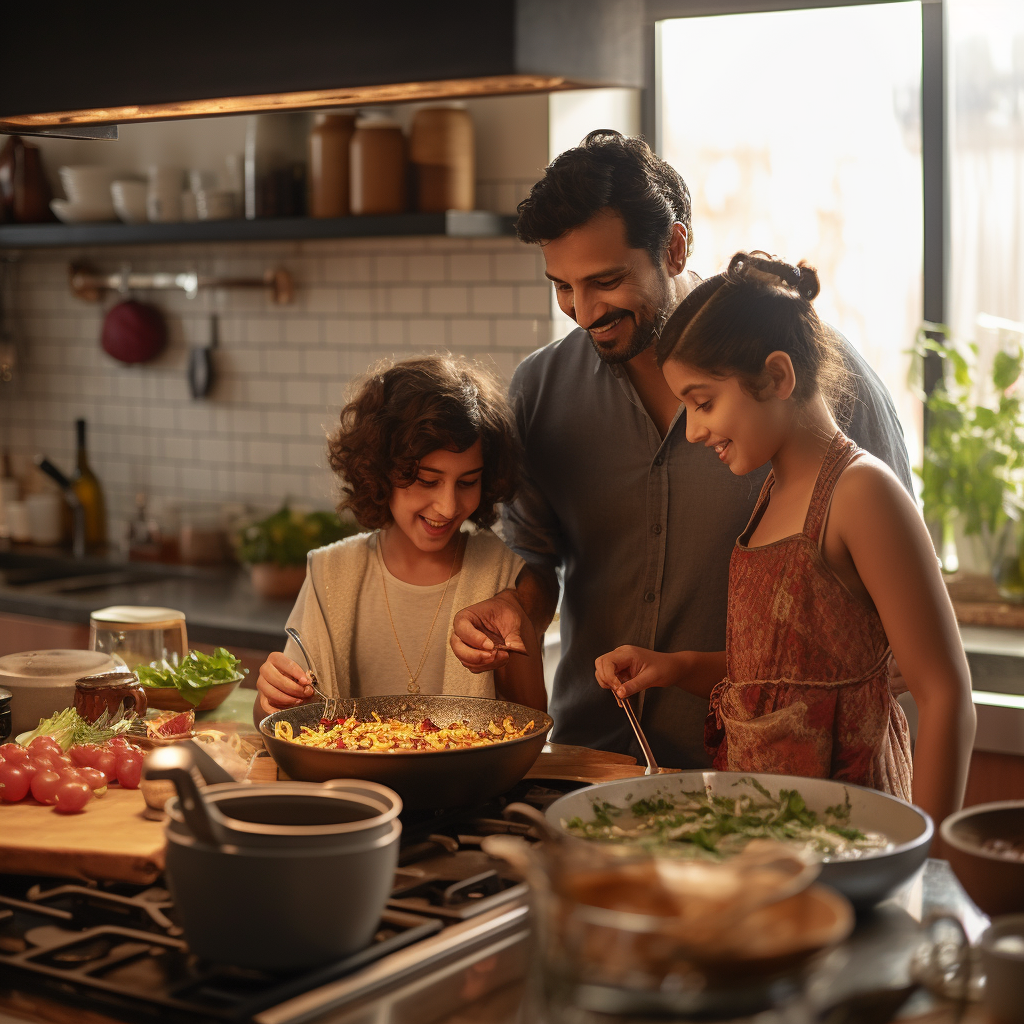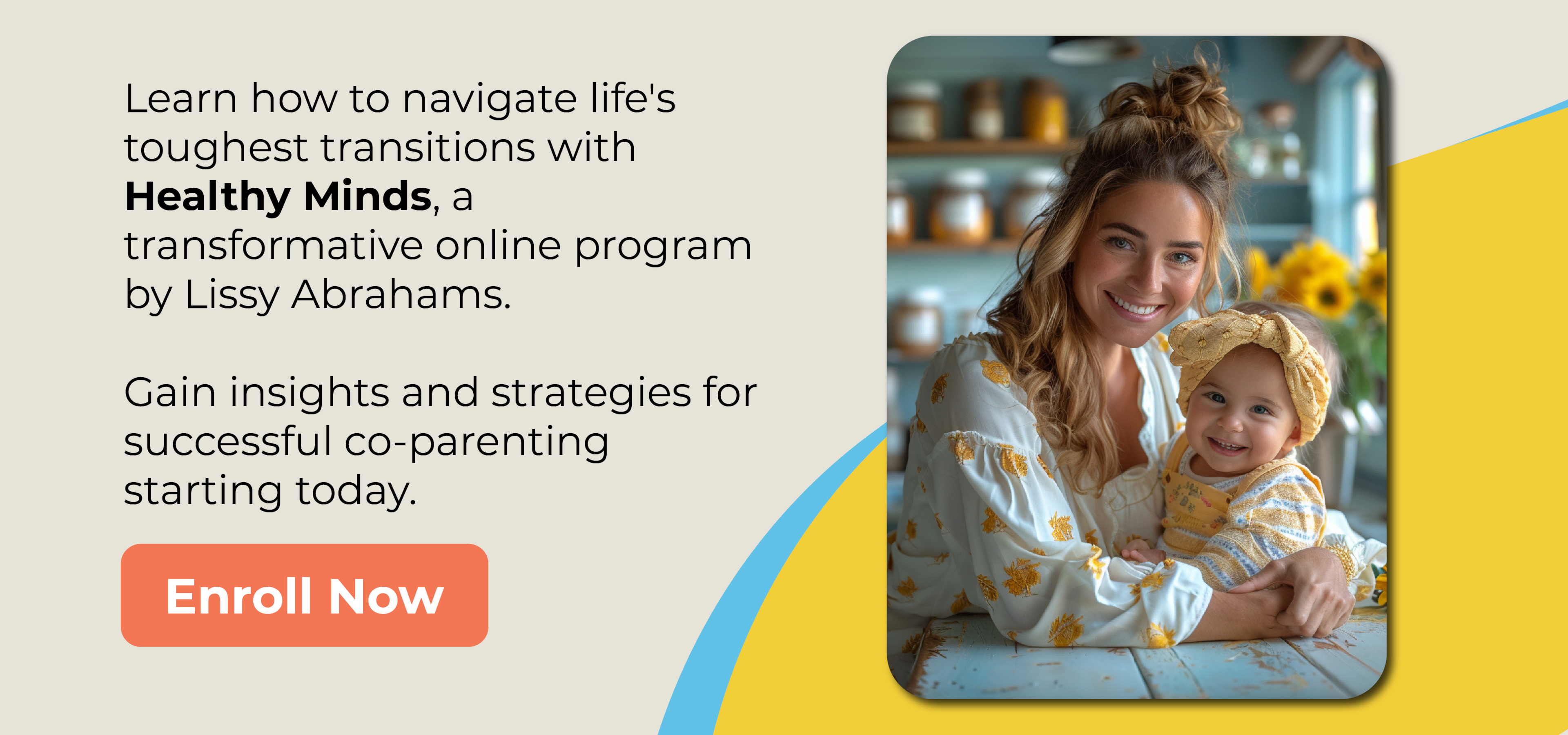Co-parenting: How to Make it Work Following a Separation

A massive fear for most separating parents is whether their children will be damaged by the process. Typically, separation is a disorientating experience for all members of a family.
There are hundreds of practical and emotional decisions to make, as well as actually implementing many adjustments to everyone's living arrangements. Despite these challenges, co-parenting well can make the transition smoother for you and your children.
What is Co-parenting?

Co-parenting refers to a parenting dynamic where separated and/or parents work together and make decisions about their child’s emotional, physical and practical needs and requirements.
A co-parenting relationship is not about you or your ex-partner, or even about your past relationship. It's about ensuring your child's best interests and healthy development - even if you are hurt, sad, or resentful about the relationship ending.
Co-parenting is one of the most important ingredients for children to flourish and develop healthily post-separation.
Why are Co-parenting Arrangements So Important?
The Greatest Gift for Your Child

Divorce or separation, and the process of establishing a co-parenting dynamic isn't easy - however it is the greatest gift to provide this for your child. It says “We're still your parents. You're still our priority to raise. You're still a child who should just focus on your schoolwork, sports, friendships, having fun and learning.” The gift here is the freedom to continue to be a child following a separation.
Good Mental Health

Typically, children of parents with a good co-parenting relationship remain emotionally well even if they're sad about the separation. They feel more secure even at this destabilizing time.
Peer reviewed studies have revealed that these children have better emotional regulation and capacity to adjust to new living arrangements.
Sadly, children don't fare as well when their divorced and separated parents are in continuous conflict, and can't make co parenting work. They can struggle with mental health issues (particularly anxiety and depression), acting out behaviors, and substance abuse.
Allow Your Child to Dream About the Future… in the Present

When parents create a co-parenting relationship, a child can imagine a future where both parents can be in the same room together - like their future birthdays, graduations, getting married, or having children.
When parents remain entwined in perpetual conflict or a cold war, a child can't even fantasize about their future wedding day without their parents' hotility ruining the event. It kills the fantasy and they become anxious in the present.
Become the Parent You Would Want to Have
Stand in your child’s shoes for a moment. Your family unit is dismantling. Your future is uncertain. You don't control the separation process.
If you were your child, how would you like your parents to behave at this time? You'd want to love both parents without any disparaging remarks from the other parent. You'd want them model respectful communication and demonstrate good decision making. You can be the parent you'd want for yourself at this time.
The quality of your co-parenting relationship has a large impact on the well-being of a child with divorced or separated parents. Be willing to drop your child at the other parent's house, share child care responsibilities, attend school events together (even parent teacher conferences), resolve conflicts offline, and model positive communication to help with child adjustment.
Preserve Energy: Stop Conflict with the Other Parent

Even one round of conflict with one’s ex is physically and emotionally exhausting. Fights leave you feeling depleted, unhappy, and require a period of recovery. You don't need to be in a loving relationship with your ex-partner, but conflict has no useful purpose. Avoiding conflict and preserving the peace also helps a child learn what healthy relating looks like.
It Makes Your Life Easier

Just as life will be easier and more peaceful for your children, a cooperative co-parenting relationship can help you access parenting support more easily, like if you have special events to attend, your former partner may look after your child.
Similarly, there is more of an ability to set up child support payments and make amendments to existing co-parenting plans to ensure that your child's needs are met. If your children's schedules change, you can be flexible to support the changing needs of your child. This added layer of support will make your own life easier.
Gives Your Child Consistency

A thoughtful co parenting plan with aligned parenting approaches can offer your child some consistency across households with the parenting style. This creates further stability for your child and provides a healthy example to follow.
Commit to creating such a co parenting plan as children encode a large amount about relationships based on the dynamics they witness as a child, so setting a good standard is highly valuable.
Tips for a New Co-parent
There are a few things you can do to improve your co-parenting relationship. These will improve the child's well-being and help with your own feelings around parenting styles and co-parenting arrangements.
Create an Entirely New Relationship with Your Ex

Even if you have a messy emotional history with your ex consider viewing your co-parenting dynamic as an entirely new relationship with them — one with new rules and new priorities. It's no longer about old conflicts or showing who's "right", but about ensuring your child has the best support and security possible.
You may be divorced, but your family is not over, since — like it or not — divorced parents are still connected as long as there are children involved.
This new relationship will also give you someone else to lean on. For example, if both parents work then you can collaborate to find alternative care for your child during these periods. Your co-parent can also be a useful source of information, providing a helpful report on the needs and desires of your child when you're not around.
Have a Parental Communication Plan in Place
Decide what your method of communication is going to be, and how often you will be touching base. For example, decide how you are going to consult on processes like doctor's visits or vacations for your children and stick to this. Maintain a professional tone, and always keep your child as the priority.
Listen to What Your Children Say and Give Them Time to Adjust

Allow your children space to settle into their new arrangements. Even in a perfectly arranged co-parenting arrangement, children can find the adjustment period unsettling. Give them the time and space to express any upset or frustration they may be experiencing.
Talk to your children about their desires and preferences, and respect these, even if it brings up difficult emotions or means you will have to compromise to meet their needs. Being a cooperative co-parent means taking their needs into consideration. Listen to your children and work to respect their desires.
Be Open to Compromise

While you and your co-parent may have different parenting styles and you may disagree with some of their methods, make sure you give them the freedom to parent as they like - as long as your child is safe and their needs are sufficiently met.
Compromise is particularly essential when coming up with a co-parenting plan. If there is a joint custody arrangement, then decisions should be made by both parents, rather than just one parent. Give your partner room to express their own parenting opinions and ask their opinion on various parenting scenarios.
Many separated parents will have some agreed boundaries that they will both stick to when parenting their children. Beyond this, allow your co-parent the freedom to parent as they see fit.
Be Respectful When Talking About Your Co-parent

Demonstrate to your child and extended family that you have maintained positive relationships with your ex. Prioritize your child by always being respectful when talking about the other parent. Avoid badmouthing them as this will negatively affect their perception of both you and their other parent.
Separate Past Conflict from Current Actions

Don't complain to your child about your co parent — keep these as private adult conversations. Put your own feelings about the other parent aside, and choose actions based on what is best for your child.
Never put your child in the middle or use them as a messenger between parents. This is distressing and not something a child should ever be tasked with. Despite frustrations that may arise, always put your children first for the sake of maintaining a good co-parenting dynamic with your former partner.
You're Not Alone

Consider reaching out to other co-parents to hear about their life experiences, and how they deal with parenting challenges. Use this time to open up to other family members if this is a safe place to discuss relationship issues, as you can't discuss matters about the other parent in front of your child. Your community can be a major asset with helpful resource to help you navigate these complex processes.
They are of course not the only high-quality sources of information when it comes to co-parenting. There are a wide variety of mental health professionals and parenting resources available to help throughout this process. Don't hesitate to seek out help if needed — this is often a protective measure for children.
When is it NOT an Option to be Co-parents?
There are some specific situations where a co-parenting relationship can't be maintained. These are when there are actual threats to you or your child's life.
If the other parent cannot provide the child with a safe and secure home environment, then a co-parenting arrangement would not be in the child's best interests. For example, if a parent has substance abuse issues, or there is domestic violence present in the home. In these situations, it is okay if you cannot make co-parenting work since joint custody arrangements are not in the best interest of the children. In these cases, a stable environment is more important than having two parents present, and you may have to establish boundaries with your former spouse.
There are of course other situations where a healthy co-parenting arrangement isn't possible as one parent may be obstructing this process. Unfortunately, we can only control our own behavior and must continue to model mature parenting behaviors. It's possible that modelling this behavior will eventually bring the other parent around, although this is not a guarantee. It's still best to set good standards at your end, even if the other parent is not doing their bit. Your children's lives are more important than winning a fight with your ex.
Final PSA: Successful Co-parenting Protects Your Child

Having a civil relationship with your ex, despite any negative feelings, can greatly help a child adjust to their new arrangements. It also guarantees both parents spend time and can be involved in your child's life.
Children with separated parents who co-create and implement a successful parenting plan typically end up with higher levels of emotional well-being. Instead of being weaponized and caught between conflict, or forced to be the messenger, it allows them to focus on one thing — being a child.
Co-parenting is not always easy. When parents live in different places, conduct their lives in different ways and have a difficult relationship with one another, trying to co parent can be a challenging process — especially when it involves putting your feelings about another person aside.
Remember, you both brought this child into the world — they didn't choose anything about this situation. They need parents to put their needs first, even if it comes with some difficult challenges and emotions.
Successful and healthy co-parents enable their children to be free to enjoy life, and also model healthy dispute resolution to them. A healthy co-parenting dynamic is one of the greatest gifts you can give your children during a separation.
Develop and Maintain a Healthy Mindset for Co-parenting with Lissy Abrahams
In the midst of challenging times like separation or divorce, maintaining a healthy mindset is crucial for both parents and children alike. Healthy Minds, an online program by Lissy Abrahams, offers invaluable support and guidance to individuals navigating significant life changes.
Whether you're grappling with co-parenting challenges or managing your own emotions during this transition, Healthy Minds provides the tools and resources to help you through it. By prioritizing your mental well-being, you'll not only support yourself but also create a positive environment for your children to thrive in. Remember, seeking support is a strength, and Healthy Minds is here to assist you every step of the way.



